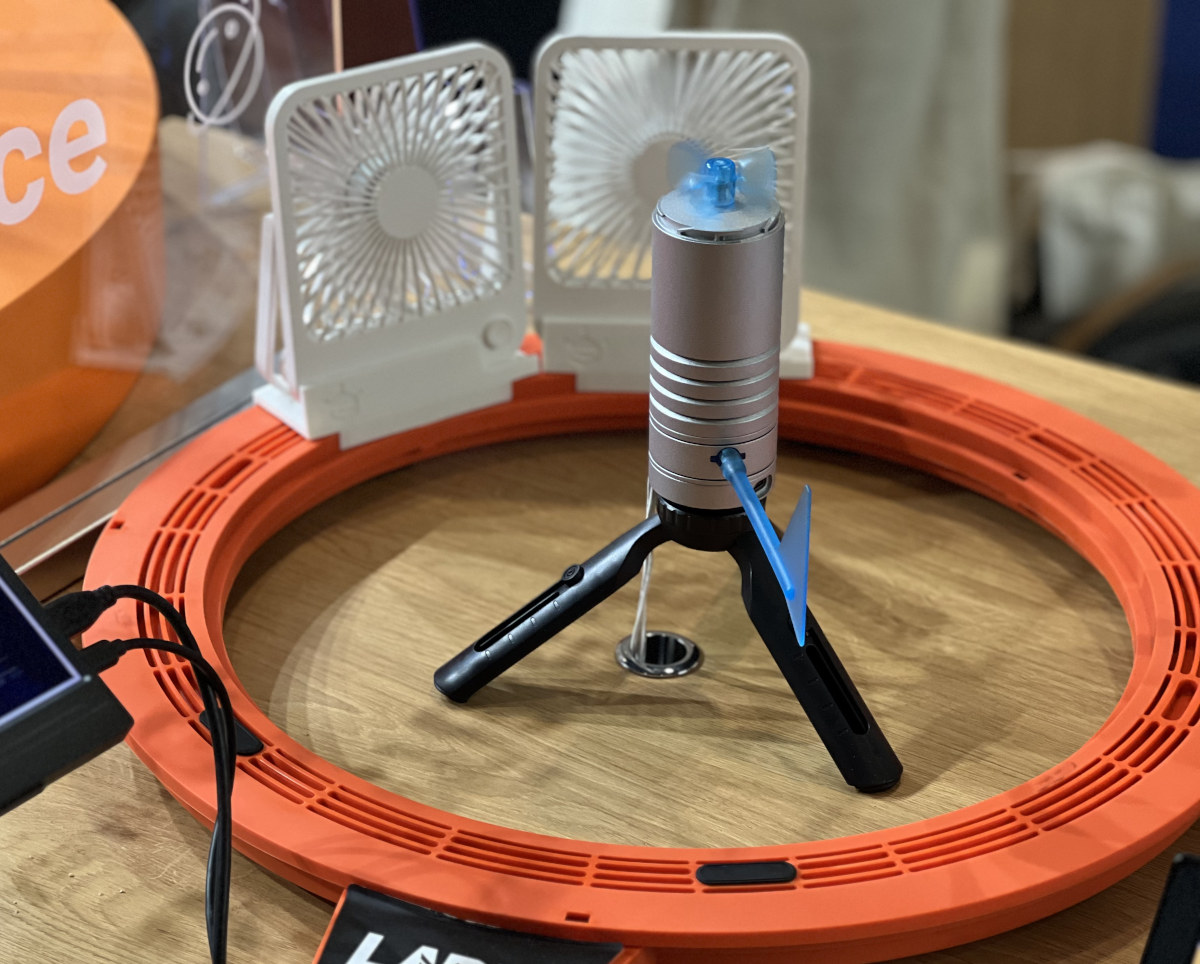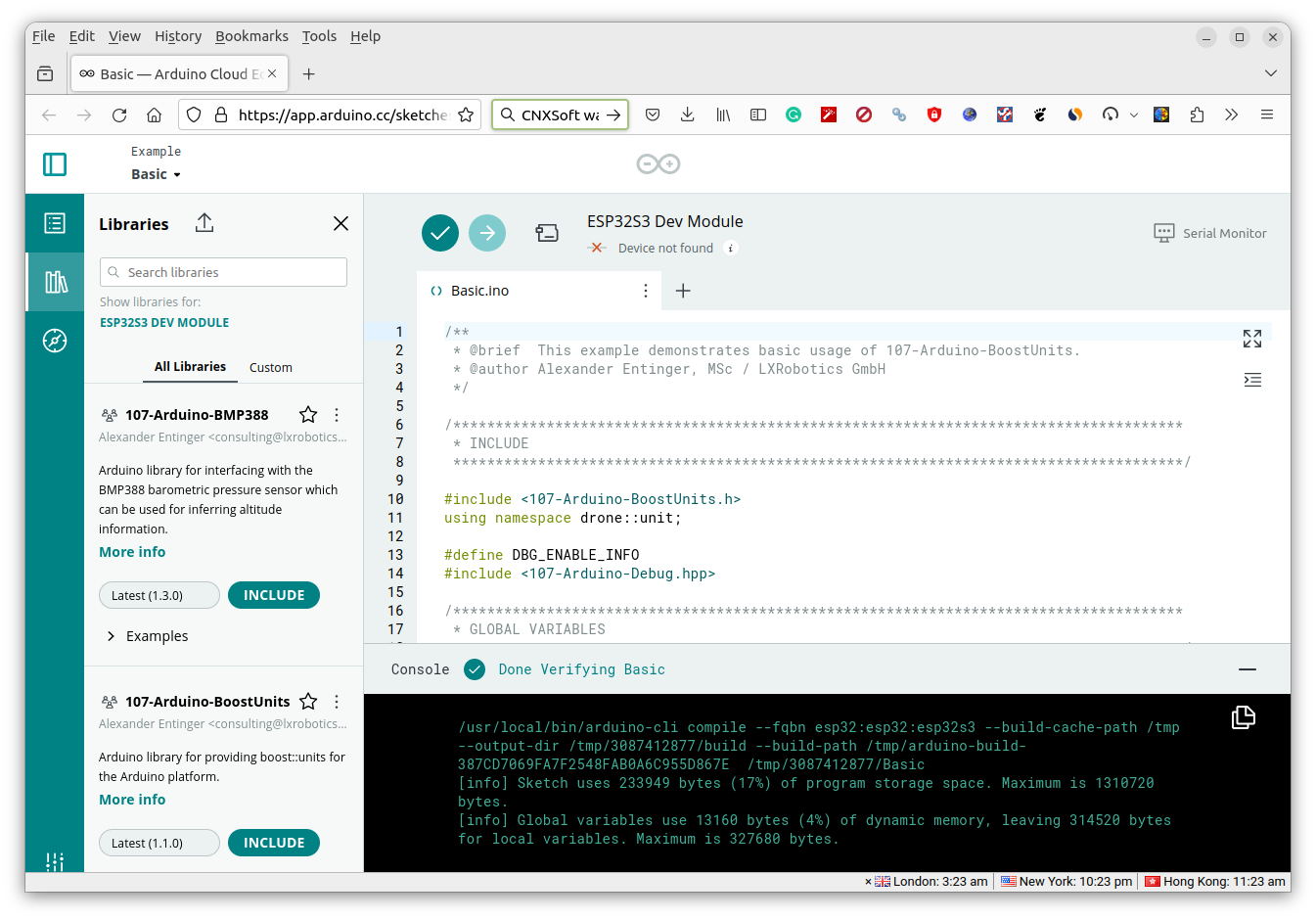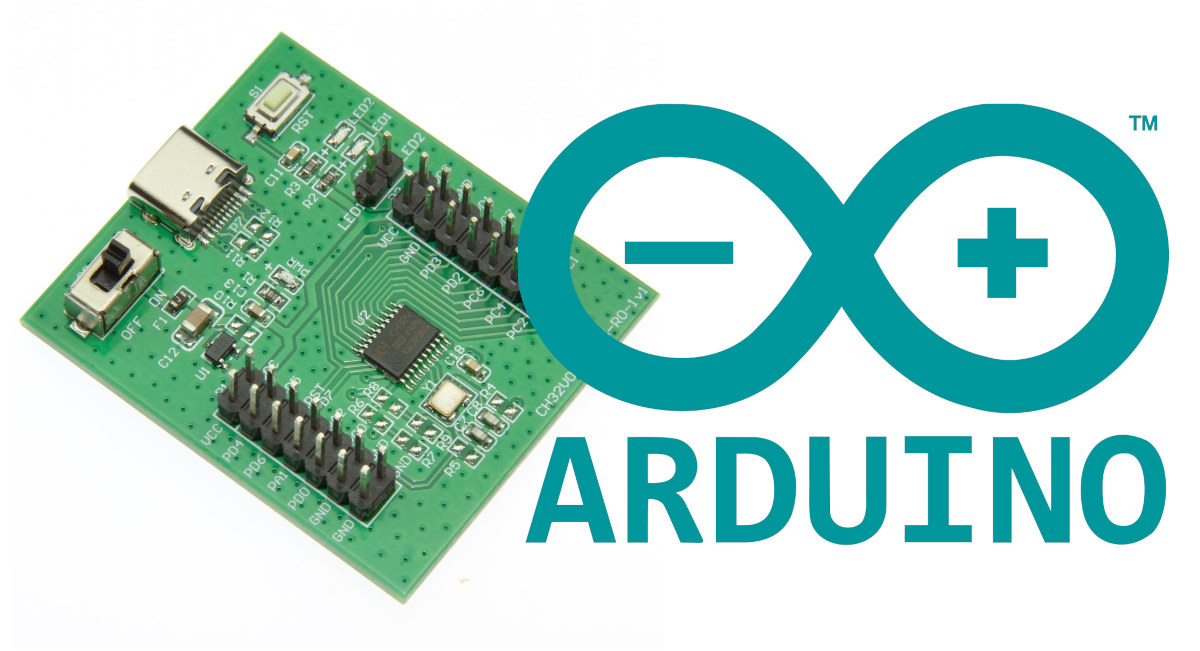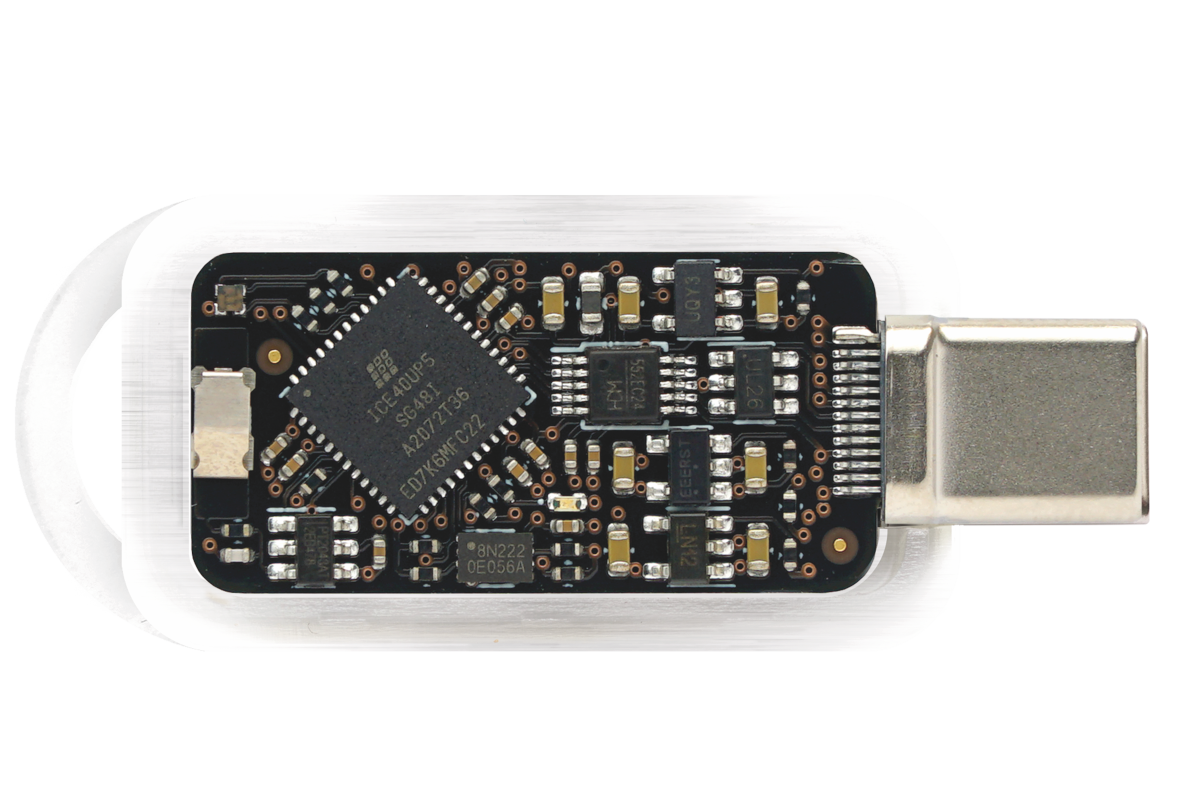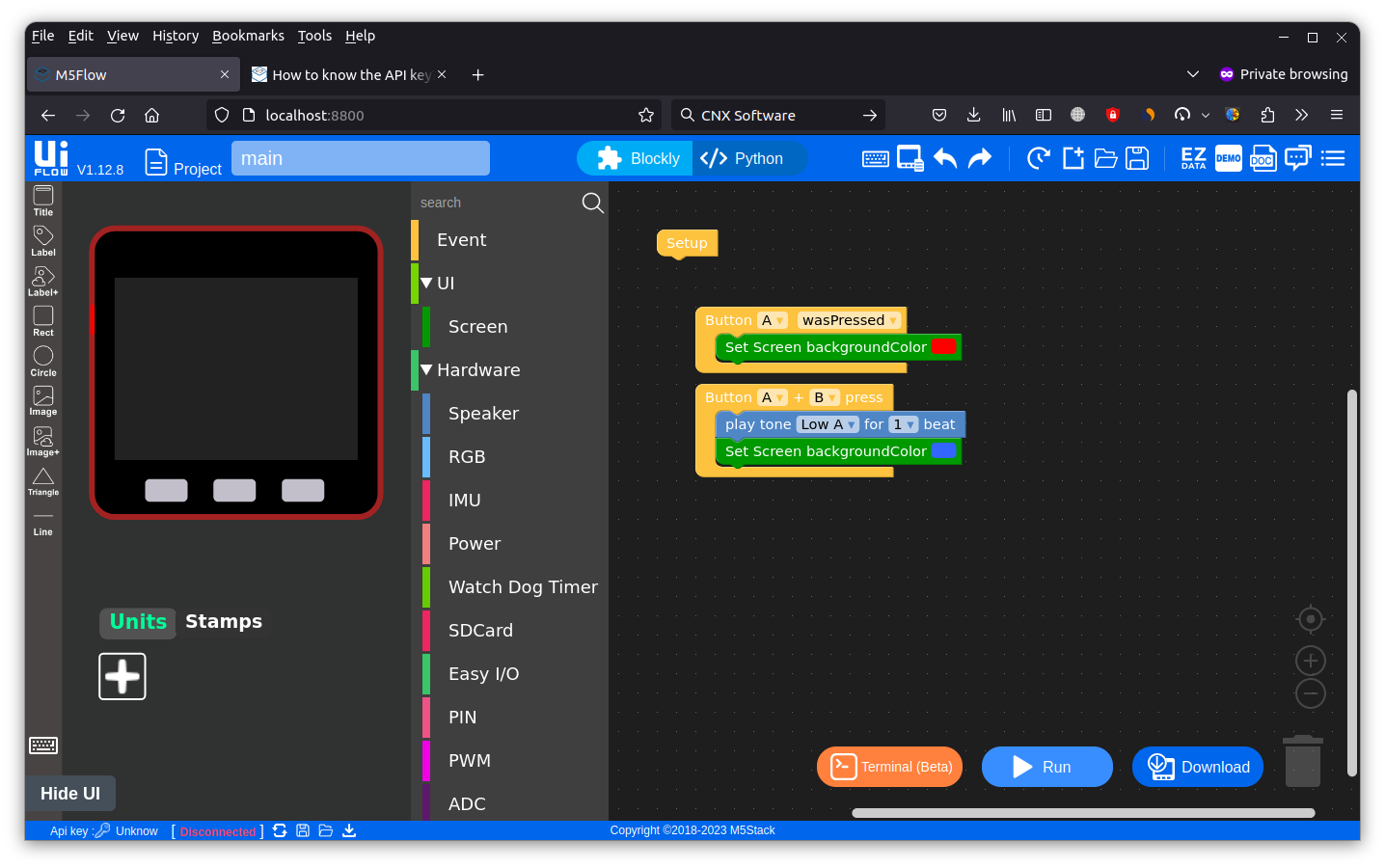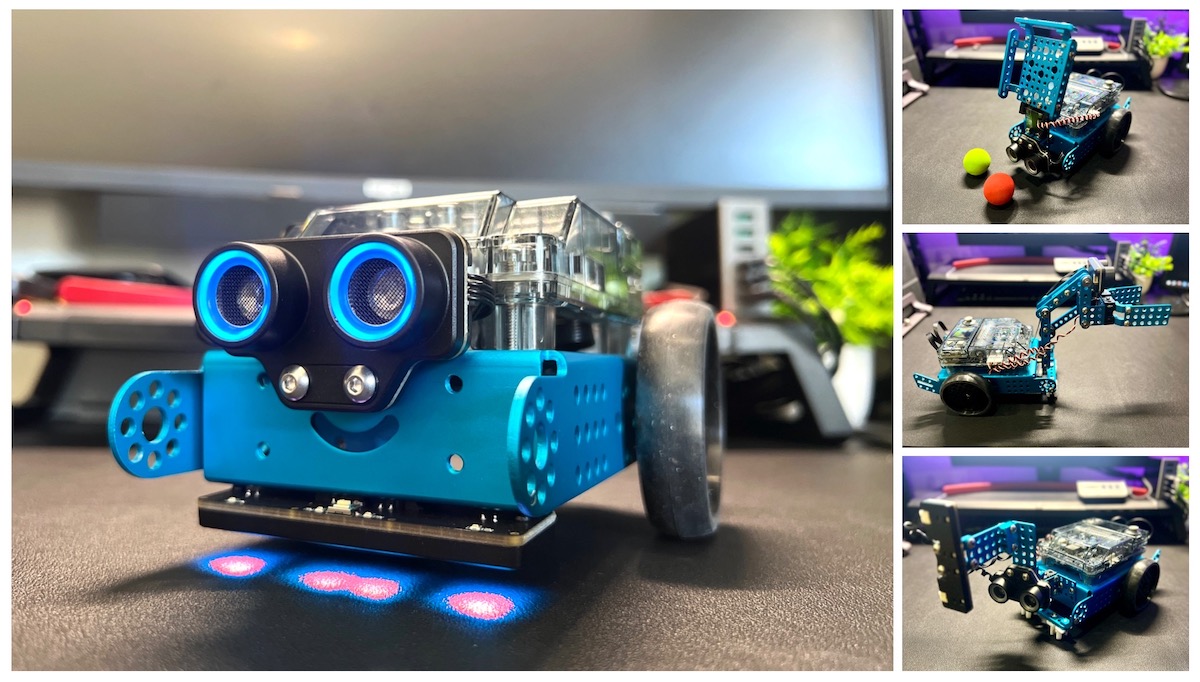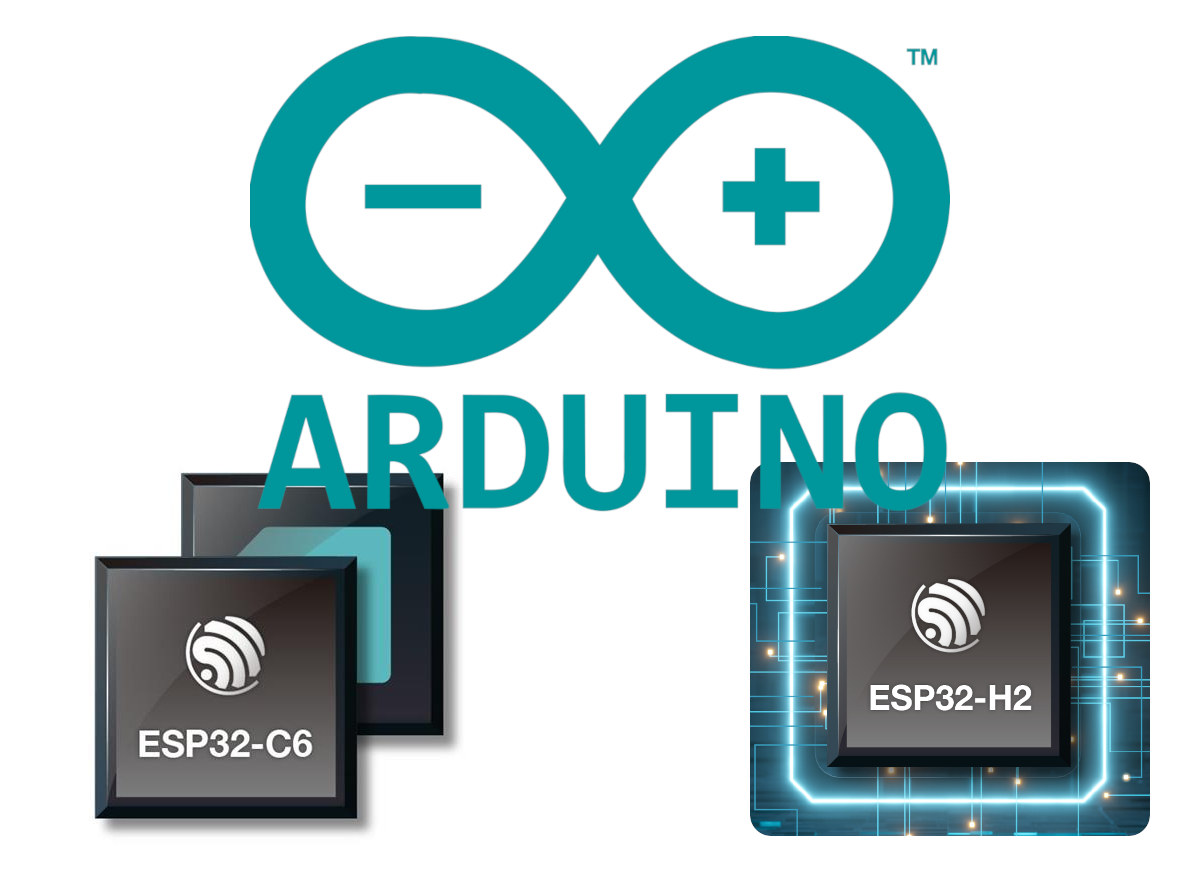The Lark Weather Station measures wind speed, wind direction, temperature, humidity, and air pressure through a range of sensors and connects to popular development boards such as Arduino UNO, ESP32, BBC micro:bit, Raspberry Pi, or DFRobot Unihiker through I2C or UART. We’ve seen several projects for Internet-connection weather stations that retrieve weather data from the web and display the results locally, but the Lark Weather Station allows the users to get atmospheric data right in his/her current location thanks to its built-in anemometer, wind vane, and built-in sensors, as well as expansion interfaces for additional sensors. Lark Weather Station specifications: Storage – 16MB flash good to store about 160 days of data (when data is recorded once per minute) Sensors Compass Anemometer Wind Speed: 0.5~12m/s Cover to protect the anemometer during storage/transport Wind vane and wind direction shaft to report the wind direction (eight directions) Temperature Range –20~60℃ ±0.2℃ Humidity […]
SunFounder GalaxyRVR review – An Arduino programmable Mars Rover-like robot for education
SunFounder sent us a GalaxyRVR 6-wheel robot for review. It looks like NASA’s Mars Rover robots but targets the education market with an Arduino UNO R3 compatible board and an ESP32-CAM board for WiFi connectivity and video capture. The GalaxyRVR robot kit can transmit video signals over WiFi to explore planet Earth with your mobile device or tablet and the camera can be adjusted up and down thanks to a servo motor. The robot gets its power from a solar panel coupled with a battery and features sensors such as obstacle avoidance and ultrasonic modules. NASA’s Mars Rover exploration robots NASA is currently using the Perseverance rover, also known as Percy, as the latest planetary exploration robot to land on Mars. It is designed to explore the Jezero Crater as part of NASA’s Mars 2020 mission. In addition to its scientific instruments, Perseverance also carries Ingenuity, a small experimental Martian […]
Arduino Cloud Editor update brings the classic Arduino IDE experience to your web browser
Arduino has updated the Arduino Cloud Editor – which started as Arduino Create several years ago – to bring the web-based code editor closer to the appearance and functionalities of the “classic” Arduino 2.0 IDE. Arduino says the Cloud Editor simplifies the getting started process without having to go through the setups or maintenance required by the Arduino IDE installed on your computer and you can access your sketches easily from the cloud wherever you are. Considering the Arduino Cloud Editor has been around for a few years what has changed exactly? First, the Cloud Editor and the Arduino IDE now have a unified design (sort of), although the way the company frames it is a bit abstract: Traditionally, Arduino Cloud had two separate editors: an embedded simple one and the full editor. Users have long awaited a unified editor that gets the best of each one. The new Cloud […]
WCH RISC-V microcontrollers can now be programmed with the Arduino IDE
WCH has launched some interesting RISC-V microcontrollers in the last year or so, including the “10 cents” CH32V003 RISC-V microcontroller with 2KB SRAM and 16KB flash or the CH32V307with more resources (up to 64KB SRAM and 256KB flash) and additional peripherals. So far they were programmable in C language using MounRiver IDE or an open-source toolchain, but WCH has now announced Arduino support for many of those RISC-V microcontrollers which should enable more people to get involved. The core library for CH32duino works with OpenOCD through WCH-LINKE hardware to download the firmware and debug WCH chips and a riscv-none-embed-gcc toolchain that supports custom RISC-V instructions (half-word and byte compression instruction extensions and hardware stack push/pop functions) found in WCH RISC-V microcontroller. The following evaluation kits are currently supported with ADC, DAC, USART, GPIO, EXTI, SysTick, I2C, and SPI peripherals: CH32V003F4P EVT board CH32V203G8U EVT board CH32X035G8U EVT board CH32V103R8T6_BLACK EVT […]
Tillitis Tkey is an open-source RISC-V security key in a USB-C case
Tillitis’ TKey is a small, simple security key in a USB-C form factor, and described as a “new type of flexible USB security token” that is inspired by DICE (Device Identifier Composition Engine) and measured boot powered by a simple 32-bit RISC-V core, the PicoRV32, in a Lattice iCE40 UP5K FPGA. While we have covered hardware security modules in the past, this is the first security key we have seen that is based on an FPGA running a RISC-V core. The security token lacks persistent, onboard storage, unlike alternatives such as Yubikey Neo. Apps need to be loaded onto the key every time it is connected to a host device. It uses measured boot to generate a unique identifier for each application and is more secure than the alternatives since private keys are not stored on the device. Also, the hardware and software for the TKey are completely open-source for […]
M5Stack releases local server implementations of UIFlow visual programming Web IDE
Visual programming is now a very popular method to teach programming to kids and M5Stack relies on UIFlow for their ESP32-based IoT development kit. Like most other companies, M5Stack provides either a Web IDE accessible from their server or a desktop program available for Windows, MacOS, or Linux, but the company has now released a local server implementation that allows users to run a Web IDE instance in their local network. The local server is available for Windows 11 x64, MacOS, Ubuntu 22.04, and Linux Arm (e.g. Raspberry Pi), so I downloaded the Ubuntu version to give it a try on my laptop. Somehow the Ubuntu release is full of Windows DLLs, but let’s ignore that for now, and the README.txt tells us to install one dependency and run the program as follows:
|
1 2 |
apt install ttf-mscorefonts-installer ./UIFlow.Server.Desktop |
A window pops up letting us start or stop the server. It can be accessed with […]
Makeblock mBot Neo robot review with Smart World Add-on Pack
MakeBlock mBot Neo, also known as mBot2, is an educational robot that builds upon the previous generation mBot1 robot, and the company has sent us a review sample, following our earlier review of the Ultimate 2.0 10-in-1 educational robot kit, along with the Smart World Add-on Pack. The mBot Neo features a new ESP32-based CyberPi control board with WiFi connectivity for IoT and AI support. The robot is also equipped with a 2nd generation Ultrasonic sensor with improved object detection accuracy and status indicator, a built-in 4-ch RGB line sensor that can detect colors, as well as a new drive motor that comes with an encoder for more precise motion control. The mBot Neo robot kit is expandable with metal parts from other Makeblock models, mBuild modules and various electronic modules can be added making it also possible to build custom robots with third-party structural parts. The mBot Neo robot […]
ESP32 Arduino Core 3.0.0 adds support for ESP32-C6 and ESP32-H2
Espressif Systems has now released an alpha version of ESP32 Arduino Core 3.0.0 enabling the new ESP32-C6 and ESP32-H2 targets to be programmed with the Arduino IDE, and including a number of new features made possible by the ESP-IDF 5.1 SDK. Announced in 2021, the ESP32-C6 WiFi 6, Bluetooth 5 LE, and 802.15.4 wireless MCU became available in modules and devkits at the beginning of this year, but so far they could only be programmed with the latest version (5.1) of the ESP-IDF framework, and so was the new ESP32-H2 Bluetooth 5.2 and 802.15.4 (Zigbee/Thread) MCU. But fans of Arduino programming can now rejoice as an alpha version of ESP32 Arduino Core 3.0.0 brings support for the new microcontroller, and a stable release is planned for December 2023. But as you can probably imagine ESP32 Arduino Core 3.0.0 will also bring lots of other changes since the ESP32 Arduino Core […]


